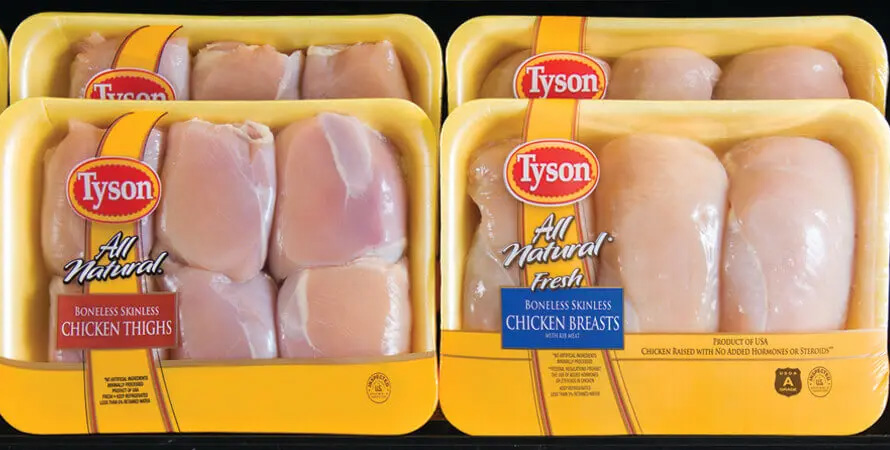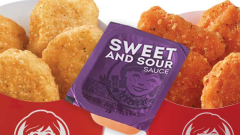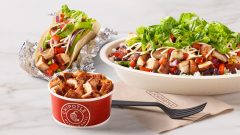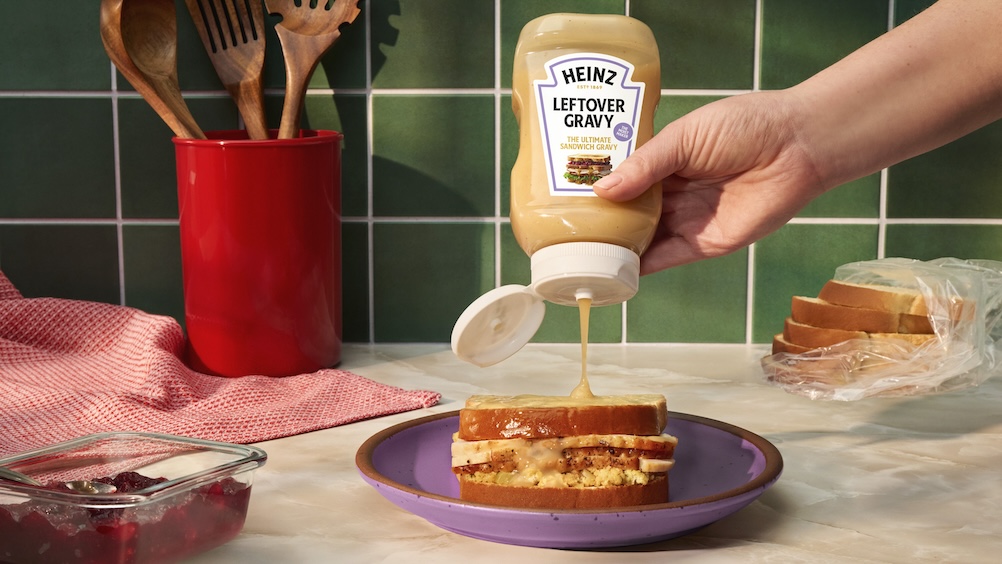Tyson Foods Sales Plummet Amidst Slowing Demand

Business isn’t looking so good for chicken behemoth Tyson Foods Inc. Weathering a three-year low, according to Reuters, a surprise second-quarter report revealed the company’s dropping shares. As of Monday, they’re down 16%. Consumer demand for Tyson meat products has slowed considerably.
One reason behind the decline may be due to penny-pinching shoppers who hope to save money while food costs inflate. There’s also been a decline in available cattle, as herders have faced challenges recovering post-covid. Due to a lower supply, Tyson has to pay increased prices for livestock too, which eats into their margins. And then there’s also the expensive cost of animal feed.

CEO Donnie King says that Tyson is not only experiencing problems with their chicken products, but their beef and pork ones as well. As such, the company was forced to lower their forecast for full-year sales to $53 to $54 billion. Their original forecast was $55 billion to $57 billion. Tyson’s fiscal year 2023 dropped 80% to $518 million after operational expenses.
On a phone call, King shared, “This quarter was definitely a tough one.” To offset growing inflation, last year the company raised the prices on meat. Despite the move, in the quarter ending April 1, average sales prices for its beef and pork fell 5.4% and 10.3% respectively. Apparently, there’s also less of a demand for beef, impacting overall sales, which fell 8.3%. It’s the worst beef margins Tyson has had since 2015, while pork is the worst it’s been in two decades.
“Many of the headwinds experienced are likely to persist for the remainder of the fiscal year,” Tyson’s Chief Financial Officer John R. Tyson said.






















